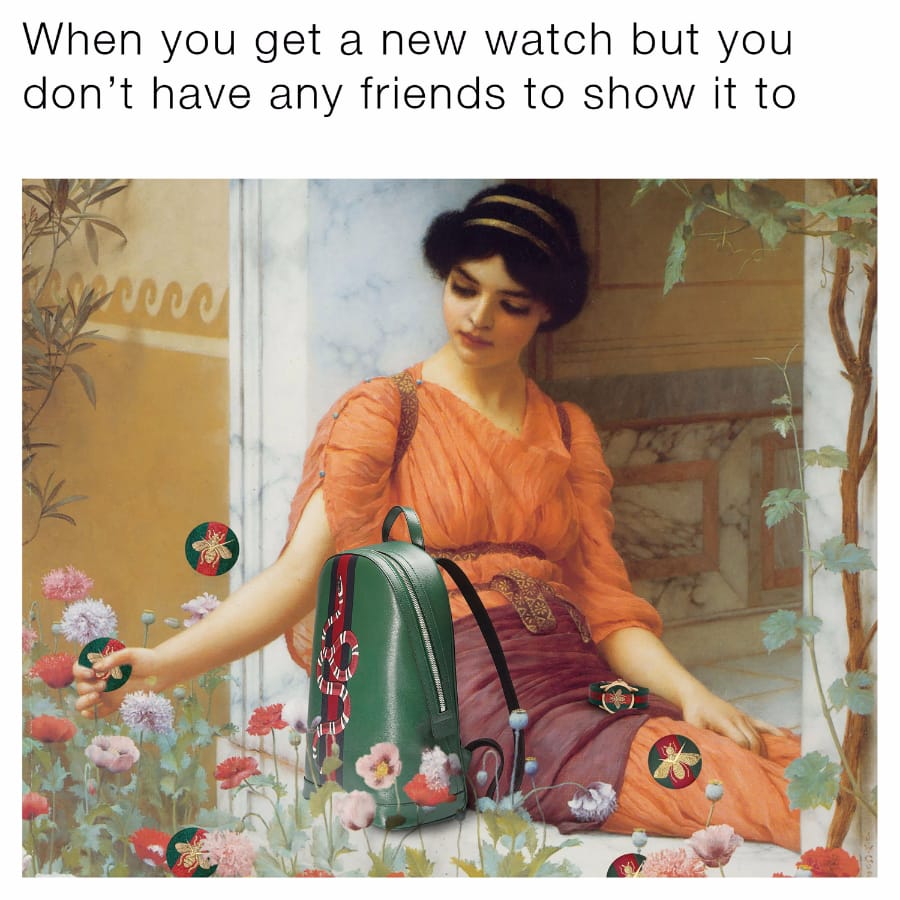Memes, marketing, and Szechuan sauce
An attempt by McDonald’s to tap into the Rick and Morty fandom by giving away a sauce from the 1990s shows us a bit about fandoms, but a lot about how marketing works in the digital age.

A grown man, wearing a snapback and a Rick and Morty t-shirt, leaps up on the counter of an American McDonald’s, and demands his dipping sauce. Shouting catchphrases from the TV show, the video ends with the man writhing on the floor, shouting “I’m pickle-Rick”, while underpaid employees look on with detached bemusement. The accompanying tweet, from @jackdwagner: “we really gotta raise the minimum wage”.
This video, and many others like it, exploded across Twitter last week, as McDonald’s attempted to drum up hype by bringing back its Szechuan sauce, released in 1997 as a tie-in promotion for the Disney film Mulan. The problem: few stores had the sauce in adequate numbers, if at all, and the result was hundreds of Rick and Morty fans left disappointed. In some stores, police had to be called, as people were unable to contain their anger at the employees being unable to supply them with a TV tie-in joke.
A bit of background is needed: this particular Szechuan sauce has been referred to multiple times throughout the third season of Rick and Morty, serving as a kind of plot driver for the exploits of the misanthropic, genius inventor Rick, and his beleaguered grandson Morty. Justin Roiland, one of the co-creators of the show, received a jar of the sauce earlier in the summer, prompting speculation from fans of the show about what would happen next.
“#saucegate reveals the worrying trend of hyper-capitalist institutions using memes as marketing”
The fans of Rick and Morty have become a cultural entity all of their own. Their behaviour has spawned a series of internet memes – particularly centring around the idea that some fans had about how intelligent you needed to be to understand a show in which one episode’s plot revolves around Rick turning himself into a pickle. It’s a perfect example of what Pulitzer Prize-winning critic Emily Nussbaum calls ‘the Bad Fan’ – proponents of a show who will stop at nothing to defend it. In a recent article, the AV Club writer Clayton Purdom complained that the show’s fans are “getting really fucking hard to deal with.”
While #saucegate might capture a particularly embarrassing aspect of fan culture – perhaps a by-product of countless TV shows that tell the audience that to be smart you have to be cruel – the way McDonald’s attempted to exploit the hype actually shows something more interesting: the worrying trend of hyper-capitalist institutions making use of internet culture as a marketing tool.

From Doritos using memes to advertise on Twitter, to pop stars attempting to generate viral videos in exchange for album listens, no aspect of the web is safe from monetisation. Indeed, it could be argued that this is the basic purpose of the internet. As Jaret Kopek, author of the Silicon Valley-satire I Hate the Internet writes:
“[The Internet] was designed with the sold purpose of maximizing the amount of bullshit that people typed into their computers and telephones. The greater the interconnectivity, the greater the profits. It was feudalism in the service of brands, and it rested on inducing human beings to indulge in their worst behaviour”.
The fashion house Gucci attempted to do this earlier this year, as part of their promotion for a watch collection. They enlisted artists and “meme creators”, to generate a series of advertisements they hoped would spark the internet alight. In one ‘meme’, the caption “When you get a new watch but you don’t have any friends to show it to” sits above a pre-Raphaelite painting, upon which Gucci ‘swag’ has been superimposed, in a clear reference to the ‘classical art memes’ that dominated the internet a few years ago. The campaign was a failure.
It makes sense for these companies to jump on the meme bandwagon. The internet thrives on such user-generated content, which has little to no intellectual property regulation. After all, copyrighting a meme would remove its lifeblood: the ability to share and alter it. For corporations, meme culture represents the intersection of two market goals: an engaged consumer base, and free content-production. But for those interested in memes, such attempts at monetisation will always fail, since they tend to kill of the very meme they are exploiting. Once Burger King starts tweeting, the meme is dead.
While the Szechuan sauce promotion, and its resulting fiasco, might reveal something about the nature of some die-hard Rick and Morty fans, who were willing to travel hundreds of miles to partake in an internet in-joke and scream at minimum-waged staff, it actually tells us more about how marketing can work in the digital age. It is unlikely that this trend will change anytime soon. Until then, hide yo’ kids, hide yo’ memes.










